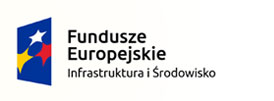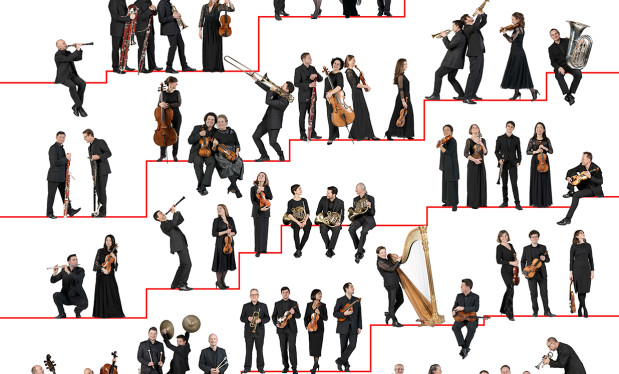NOSPR / Vanoosten / Traubel / A manifesto of longing. „Eternal Songs" - NOSPR
NOSPR / Vanoosten / Traubel / A manifesto of longing. „Eternal Songs"
The famous fate motif from Beethoven’s Symphony No. 5 is the musical opening of the philosophical dialogue between a creator and the Creator, fate, or destiny.
Nearly all of Richard Strauss’ oeuvre is music meandering among literary texts and pretexts. His songs and operas, but also symphonic poems, clearly reference programs written either in prose or in poems. In the case of instrumental works, those were often merely sources of primary inspiration, impulses that maintained only loose relationships with the final shape of the musical narrative.
For Strauss, the final decade of the 19th century is a time of symphonic poems, gradually developed and bringing the idea, initiated by Liszt, towards an apogeum. It was also then that the poem Death and Transfiguration was created (1899). Its program is a vision of a man on his deathbed recalling the happy days of his past. The motto for the composition is a poem by Alexander Ritter, but the composer keeps his distance from it: the piece is „purely a work of imagination, and no fruit of my life’s experience (I only fell ill two years later). No more than a concept, just like any other”. Indeed, the music carries with it such a universally relatable existential message that no detailed explanation is needed: it leads from suffering and agony, through a rebellion against the inevitability of death, towards an ascent to light and salvation, to reach the final transfiguration and harmony.
Nearing the end of his life, Strauss such found a form of expression for existential reflection that was new and sophisticated, but at the same time classically restrained. In 1948, he completed a cycle of songs to be dedicated to Kirsten Flagstad shortly before his death. The beauty of the Vier letzte Lieder (Four Last Songs) – maintaining the atmosphere of the twilight of poetry proper created by Hermann Hesse – is that of a text perfectly integrated with the sound of the orchestra. Each song is instrumented differently, but always beautifully, adequately for the emotionally eternal messages dressed in the garb of new sound.
Amidst those two works by Strauss, there stand the Eternal Songs – a poem by Karłowicz that is not only excellent, but also entirely original on the levels of musical language and aesthetics. These are actually three poems, each cleped a song. They all amount to a manifestation of the composer’s longing for comfort to be found in the universe, a manifestation that evades verbal expression.
Andrzej Sułek
Concert duration (intermission included): approximately 100 minutes
Upcoming events

Camerata Silesia / Baroque Sonus / Szostak / An 18th-century surprise
Chamber Hall


ECHO Rising Stars Festival / Guðmundsdóttir / Lahiry / A Powerful Voice of Women
Chamber Hall
Buy ticket


JazzKLUB / Rudi Mahall's Almost Danish Quartet / Standards with a Playful Twist
Chamber Hall
Buy ticket
NOSPR Chamber Musicians / Passionate Romanticism (rescheduled concert)
Chamber Hall








